What treatment
10+ Highly Rated Stem Cell Treatment for Blood Diseases Clinics in Thailand
Reach Out to These Certified Stem Cell Treatment for Blood Diseases Clinics List in Thailand Loved by Patients!
Vega Stem Cell Clinic in Bangkok Thailand
Overview
Vega Clinic in Bangkok, Thailand, helps people feel better with special treatments. They use new ways to heal and make sure each person gets care made just for them.
Read more details
Beike Biotech
Overview
Beike Biotechnology offers the best stem cell therapy in Thailand, combining top-quality regenerative treatment with cutting-edge technology for optimal patient care.
Read more detailsBoston Health Longevity - Anti Aging Stem Cell Therapy in Thailand
Overview
Experience advanced Anti Aging Stem Cell Therapy in Thailand at Boston Health Longevity. Improve cellular health, vitality, and longevity with expert care.
Read more detailsMousai Wellness Center - Stem Cell Bangkok Thailand
Overview
Discover advanced Stem Cell treatments in Bangkok, Thailand at Mousai Wellness Center. Safe, innovative, and personalized care for lasting wellness.
Read more detailsDiscover your treatment options with a free, no-obligation quote!
Get your quote now!SCF Clinic - Stem Cell Bangkok Thailand
Overview
Experience advanced Stem Cell Bangkok Thailand at SCF Clinic. We offer CAR-T, NK Cell therapy, Exosomes, Multi-Cancer Early Detection & Anti-Aging programs.
Read more detailsStay Well Clinic & Physio
Overview
Discover advanced Stem Cell and NK Cell therapies at Stay Well Clinic & Physio in Phuket, Thailand. Experience cutting-edge treatments for optimal health.
Read more detailsSurecell Medical Clinic
Overview
Experience the Best Stem Cell Therapy in Pattaya, Thailand at Surecell Clinic. Transform your health with our state-of-the-art regenerative treatments.
Read more detailsWIH Hospital
Overview
Discover cutting-edge stem cell therapy at WIH Hospital in Bangkok. Expert care and advanced treatments for various conditions at our leading stem cell clinic.
Read more detailsDiscover your treatment options with a free, no-obligation quote!
Get your quote now!HELENE - Stem Cell Clinic
Overview
Japan Regenerative Medicine Leading Brand With over a decade of experience and more than 16,000 treated patients. Providing cutting-edge stem cell therapies tailored to various health concerns.
Read more details
GIOSTAR Hospital Bengaluru
Overview
Discover GIOSTAR Hospital in Bengaluru, India—your go-to center for advanced stem cell therapies and cutting-edge procedures for orthopaedics. Explore treatments for diabetes, stroke, SCI, and more.
Read more details
Dr. Ebenezer Abel Paul - Stem Cells in Malaysia
Overview
Explore Stem Cells in Malaysia with Dr. Ebenezer Abel Paul, offering cutting-edge regenerative therapies and advanced stem cell treatments.
Read more details
Dr. Pravin Patel's Innovative Hospital & Research Center
Overview
Dr. Pravin Patel's Innovative Hospital provides best stem cell treatment in Gujarat, India. Also offers Ozone therapy, Quantum therapy , EBOO therapy, Frequency & Laser Therapy at affordable cost.
Read more details
FirstCell Malaysia
Overview
FirstCell specialize on cell-based medicine and treatments especially via MSC and NKC to enhance wellness and for targeted treatment modules. We are committed in delivering excellent treatment.
Read more details
Live Stem Cell Asia - Premier Stem Cell Clinic in Malaysia
Overview
Discover advanced stem cell Malaysia treatments at Live Stem Cell Asia, Petaling Jaya. Experience personalized care and innovative regenerative solutions.
Read more details
StemRx Hospital and Research Centre
Overview
At StemRx Hospital & Research Centre, We specialize in advanced Regenerative Medicine & Stem Cell therapy for Autism, Cerebral Palsy, Orthopedics, Migraine, AVN & IVF providing personalized care.
Read more details
Klinik Setia Gemilang
Overview
Klinik Setia Gemilang: Leading in stem cell therapy, orthopedic treatments, and anti -ageing solutions Malaysia . It is part of Setia Gemilang Medicare which houses a clinic and dentist
Read more detailsChaum Medical Center
Overview
Premium healthcare at Chaum Medical Center, Seoul. Personalized anti-aging, stem cell therapy, and advanced medical services for a youthful life.
Read more detailsHebei Yanda International Hospital
Overview
Hebei Yanda International Hospital in Beijing, China, addresses your healthcare needs with expert oncology, cardiology, and neurology treatments.
Read more detailsNulook Anti-Aging & Regenerative Center
Overview
Nulook Anti-Aging & Regenerative Center in Bali, Indonesia offers Botox, Ultherapy, Dermal Fillers, Thermage, PRP, Pico Laser and more.
Read more detailsReeLabs Stem Cells in Mumbai, India
Overview
ReeLabs provides advanced Stem Cell Mumbai services, including stem cell banking and therapy for safe preservation and future medical use.
Read more detailsWhich are the best Stem Cell Treatment for Blood Diseases clinics in Thailand?
Thailand boasts several reputable clinics offering advanced stem cell treatment for blood diseases, focusing on personalized care and cutting-edge therapies. Leading centers such as Vega Stem Cell Clinic in Bangkok, Beike Biotech, Boston Health Longevity in Chiang Mai, Chirohealth Bangkok, Mousai Wellness Center in Bangkok, Stay Well Clinic & Physio in Phuket, Surecell Medical Clinic in Pattaya, and WIH Hospital in Bangkok are recognized for their commitment to regenerative medicine and patient safety.
When evaluating the best stem cell treatment centers in Thailand for blood diseases, it’s essential to look for clinics with strong reputations, a focus on patient outcomes, and a commitment to advanced regenerative medicine practices. Based on available information, several facilities stand out:
- Vega Stem Cell Clinic (Bangkok): Known for personalized treatments and innovative healing methods, focusing on conditions like kidney failure and autism, which often involve regenerative approaches that can extend to blood-related issues.
- Beike Biotech (Bangkok): Offers high-quality regenerative treatments using cutting-edge technology, with programs for cerebral palsy and diabetes, indicating broad stem cell application capabilities.
- Boston Health Longevity - Anti Aging Stem Cell Therapy (Chiang Mai): While specializing in anti-aging, their focus on cellular health and vitality through stem cells can benefit underlying blood health.
- Chirohealth Bangkok: Integrates regenerative medicine in its practice, particularly for orthopedic and anti-aging treatments, suggesting expertise in handling complex biological therapies relevant to blood conditions.
- Mousai Wellness Center (Bangkok): Provides safe, innovative, and personalized stem cell care, emphasizing overall wellness through advanced regenerative solutions.
- Stay Well Clinic & Physio (Phuket): Offers advanced Stem Cell and NK Cell therapies for optimal health, crucial for managing various blood-related conditions.
- Surecell Medical Clinic (Pattaya): A clinic dedicated to regenerative treatments, often extending to complex systemic conditions that may include blood disease components.
- WIH Hospital (Bangkok): Features cutting-edge stem cell therapy for various conditions, indicating robust infrastructure for specialized treatments.
What types of blood diseases can be treated with stem cell therapy in Thailand?
Stem cell therapy in Thailand is increasingly utilized for various blood diseases, primarily those affecting bone marrow function and cellular regeneration. This includes leukemias, lymphomas, aplastic anemia, myelodysplastic syndromes, and certain autoimmune blood disorders. Reputable Thai clinics leverage advanced techniques to offer hope for improved outcomes in these complex conditions.
Stem cell therapy, particularly hematopoietic stem cell transplantation (HSCT), is a well-established treatment for various blood diseases. In Thailand, specialized clinics are equipped to address a range of these conditions:
- Leukemias and Lymphomas: These cancers of the blood and lymphatic system are commonly treated with HSCT, replacing diseased bone marrow with healthy stem cells after high-dose chemotherapy or radiation.
- Aplastic Anemia: A condition where the bone marrow fails to produce enough new blood cells, stem cell transplantation can restore healthy blood cell production.
- Myelodysplastic Syndromes (MDS): A group of disorders where the bone marrow doesn't produce enough healthy blood cells. Stem cell therapy can be a curative option for some patients.
- Immune Deficiency Disorders: Certain severe congenital immune deficiencies can benefit from stem cell transplantation to reconstitute a healthy immune system.
- Sickle Cell Anemia and Thalassemia: For severe cases, stem cell therapy offers a potential cure by replacing defective blood-forming cells.
How does a Stem Cell Treatment for Blood Diseases clinic ensure patient safety?
Ensuring patient safety is paramount at stem cell treatment clinics in Thailand, especially for blood diseases. Clinics adhere to strict international guidelines for stem cell harvesting, processing, and administration. They conduct thorough patient evaluations, utilize state-of-the-art facilities, and maintain rigorous infection control protocols to minimize risks and ensure optimal outcomes for patients.
Patient safety is a cornerstone of ethical and effective stem cell therapy, particularly when treating sensitive conditions like blood diseases. Leading clinics in Thailand implement several measures to protect their patients:
- Accreditation and Regulatory Compliance: Reputable clinics follow national health regulations and often seek international accreditations, ensuring they meet global standards for safety and quality in regenerative medicine.
- Rigorous Patient Screening: Before treatment, patients undergo comprehensive evaluations to assess their medical history, current health status, and suitability for stem cell therapy, minimizing adverse reactions.
- Sterile Environment and Infection Control: Procedures are performed in highly sterile environments, often with specialized cleanroom facilities, and strict infection control protocols are in place to prevent complications.
- Qualified Medical Staff: Treatments are administered by experienced and specially trained medical professionals, including hematologists and regenerative medicine specialists.
- Quality Control of Stem Cells: Stem cells are carefully harvested, processed, and stored according to stringent quality control standards to ensure their viability, purity, and safety.
- Post-Treatment Monitoring: Patients receive careful post-treatment monitoring to track their recovery, manage any side effects, and assess the long-term efficacy of the therapy.
What qualifications should a Stem Cell Treatment for Blood Diseases clinic have in Thailand?
A top Stem Cell Treatment for Blood Diseases clinic in Thailand should hold national and international accreditations, employ board-certified specialists in hematology and regenerative medicine, and operate state-of-the-art facilities compliant with global standards. Look for transparency in their treatment protocols and a proven track record of successful patient outcomes in blood disorder therapies.
When selecting a stem cell treatment clinic in Thailand for blood diseases, key qualifications ensure you receive high-quality and safe care:
- Accreditation: Look for clinics that are accredited by recognized national and international healthcare organizations. This signifies adherence to high standards of patient care, safety, and quality.
- Specialized Medical Team: The clinic should have a multidisciplinary team including hematologists, oncologists (if treating blood cancers), and regenerative medicine specialists with extensive experience in stem cell therapies for blood disorders.
- Advanced Facilities: State-of-the-art laboratories for stem cell processing, specialized operating rooms, and comprehensive diagnostic imaging capabilities are crucial.
- Ethical Guidelines and Research: A reputable clinic will adhere to strict ethical guidelines for stem cell research and therapy and may be involved in ongoing clinical trials to advance treatment options.
- Transparency in Protocols: They should provide clear, detailed information about their treatment protocols, the source of stem cells, potential risks, and expected outcomes.
- Patient Support Services: Comprehensive support services, including pre-treatment counseling, post-treatment care plans, and long-term follow-up, are indicative of a patient-focused approach.
What should I expect during initial consultation for stem cell treatment in Thailand?
During your initial consultation at a Thai stem cell clinic for blood diseases, expect a thorough medical history review, physical exam, and discussion of your diagnosis. The specialists will outline potential stem cell therapies, explain procedures, risks, and benefits, and answer all your questions to ensure you feel fully informed and comfortable.
The initial consultation is a vital step in your treatment journey, providing an opportunity for you and the medical team to determine the best course of action. Here's what you should typically expect:
- Comprehensive Medical Review: The doctors will meticulously review your medical history, including your current diagnosis, previous treatments, and any co-existing health conditions.
- Physical Examination: A thorough physical exam may be conducted to assess your overall health status.
- Diagnostic Test Review: You'll need to provide all relevant diagnostic test results (blood tests, imaging, bone marrow biopsies) for the specialists to analyze.
- Discussion of Treatment Options: The medical team will explain the various stem cell therapy options applicable to your specific blood disease, including the types of stem cells used (e.g., autologous, allogeneic).
- Procedure Explanation: They will detail the steps involved in stem cell harvesting, processing, and administration, along with the expected timeline.
- Risks and Benefits: A transparent discussion about the potential benefits, risks, and possible side effects of the therapy will take place.
- Personalized Treatment Plan: If deemed suitable, a personalized treatment plan will be proposed, outlining the next steps.
- Questions and Concerns: This is your opportunity to ask any questions and express concerns. The clinic should ensure you leave feeling fully informed and clear about the process.
What kind of follow-up care is provided after stem cell treatment in Thailand?
Post-stem cell treatment for blood diseases in Thailand typically involves extensive follow-up care. Clinics arrange regular monitoring to track recovery, assess engraftment, and manage potential complications. This often includes blood tests, physical exams, and lifestyle advice, sometimes remotely, to ensure sustained health benefits and prompt intervention if needed.
Effective follow-up care is crucial for the success and safety of stem cell treatment for blood diseases. Thai clinics specializing in this area typically offer comprehensive post-treatment programs:
- Immediate Post-Procedure Monitoring: Patients remain under close medical supervision immediately after stem cell infusion to monitor for any acute reactions or side effects.
- Regular Blood Tests: Frequent blood tests are conducted to monitor blood cell counts, immune markers, and other relevant indicators to assess engraftment and recovery of the bone marrow function.
- Physical Examinations: Scheduled physical check-ups help evaluate the patient's overall health, detect any signs of infection, or other complications.
- Medication Management: Patients often require immunosuppressive drugs (for allogeneic transplants) or other supportive medications, and clinics provide detailed guidance on dosage and schedule.
- Lifestyle and Nutritional Guidance: Advice on diet, exercise, and activity restrictions is provided to support recovery and optimize long-term health.
- Remote Consultations: Many clinics offer remote consultation options, allowing patients to continue their follow-up care after returning home, ensuring continuous support.
- Long-term Surveillance: Follow-up care extends over months to years to monitor for late complications, such as graft-versus-host disease (GVHD) in allogeneic transplants, or relapse, and to assess the sustained benefits of the therapy.
What criteria should I consider when choosing a specific stem cell clinic for blood diseases in Thailand?
When selecting a stem cell clinic for blood diseases in Thailand, prioritize clinics with specialized expertise in hematology and regenerative medicine, strong patient testimonials, and transparent communication about treatment protocols. Verify accreditations, technology, and patient support programs to ensure comprehensive, safe, and effective care tailored to your specific needs.
Choosing the right stem cell clinic is a critical decision. Here are essential criteria to guide your choice in Thailand:
- Specialization: Does the clinic have dedicated expertise in blood diseases and related stem cell therapies? Look for hematology-oncology departments or regenerative medicine centers with focused programs.
- Accreditation and Certifications: Verify if the clinic holds local and international accreditations (e.g., JCI, ISO) that validate their quality and safety standards.
- Technology and Infrastructure: Assess the clinic's facilities, including their stem cell processing labs, diagnostic capabilities, and patient care infrastructure. Modern technology often correlates with better outcomes.
- Team Expertise: Inquire about the qualifications and experience of the medical team, including the lead specialists, nurses, and support staff. Their collective experience in treating blood diseases is vital.
- Treatment Protocols: Seek detailed explanations of their specific treatment protocols, including the source of stem cells, number of cells administered, and methods of delivery. Ensure these align with your understanding and expectations.
- Patient Testimonials and Success Rates: Look for verifiable patient testimonials and data on treatment success rates for conditions similar to yours.
- Communication and Support: Evaluate how effectively the clinic communicates with you, provides clear information, and offers pre- and post-treatment support. Language support for international patients is also a plus.
- Transparency: A trustworthy clinic will be transparent about all aspects of care, including potential risks, realistic outcomes, and long-term follow-up plans.
Can stem cell treatment for blood diseases be combined with other therapies in Thailand?
Yes, stem cell treatment for blood diseases in Thailand can often be integrated with conventional therapies, forming a comprehensive treatment plan. This may include chemotherapy, radiation, or supportive care, depending on the specific blood disorder. Clinics design personalized, multidisciplinary approaches to maximize therapeutic benefits and patient well-being.
Integrating stem cell therapy with other treatment modalities is a common and often beneficial approach, especially for complex blood diseases. In Thailand, clinics often offer multidisciplinary care:
- Pre-transplant Conditioning: For many blood cancers like leukemia or lymphoma, high-dose chemotherapy and/or radiation therapy are administered before stem cell transplantation to destroy cancerous cells and create space in the bone marrow for new stem cells.
- Supportive Care: During the conditioning and recovery phases, patients receive extensive supportive care, including blood transfusions, antibiotics to prevent infections, and medications to manage side effects.
- Immunotherapy: For certain blood cancers, immunotherapy might be used in conjunction with stem cell therapy to boost the patient’s immune system to target and eliminate residual cancer cells.
- Targeted Therapies: These therapies, which specifically target cancer cells without harming normal cells, may be used before or after stem cell transplantation to improve outcomes.
- Rehabilitation and Physiotherapy: For patients experiencing fatigue or weakness during recovery, rehabilitative therapies like physiotherapy can help restore strength and function.
What are the common sources of stem cells used for blood disease treatment in Thailand?
In Thailand, the primary sources of stem cells for blood disease treatment include bone marrow, peripheral blood, and umbilical cord blood. Clinics carefully select the most appropriate source based on the patient's condition, age, and availability of suitable donors, ensuring safety and efficacy in transplant procedures.
For treating blood diseases with stem cell therapy, the source of the stem cells is a critical factor influencing the treatment approach and outcomes. In Thailand, clinics commonly utilize several sources:
- Bone Marrow: This is a traditional and highly effective source, harvested from the hip bone (pelvis) under general anesthesia. It's rich in hematopoietic stem cells that can differentiate into all types of blood cells.
- Peripheral Blood Stem Cells (PBSC): These are collected from the bloodstream after a course of medication (growth factors) mobilizes stem cells from the bone marrow into the peripheral circulation. This method is less invasive than bone marrow harvest.
- Umbilical Cord Blood: Collected from the umbilical cord and placenta after birth, cord blood is a rich source of hematopoietic stem cells. It has the advantage of being less prone to immune rejection and has a lower risk of transmitting infections compared to adult sources.
How long is the typical recovery period after stem cell treatment for blood diseases in Thailand?
The typical recovery period after stem cell treatment for blood diseases in Thailand varies significantly, from several weeks to months. Initial recovery involves close monitoring for engraftment and infection, while full immune system recovery can take up to a year or more, requiring patience and adherence to post-treatment care plans provided by the clinic.
The recovery period following stem cell treatment for blood diseases is highly individualized, depending on the type of transplant, the patient's overall health, and any complications encountered. However, general timelines and expectations can be outlined:
- Initial Hospital Stay: Patients typically remain hospitalized for several weeks (2-4 weeks) after the transplant. During this time, the medical team closely monitors for engraftment (when the new stem cells start producing blood cells) and manages any immediate side effects from conditioning therapy.
- Early Recovery (First Few Months): Once discharged, patients still require frequent clinic visits for blood tests and check-ups. The immune system is vulnerable during this phase, making infection prevention crucial. Fatigue and nausea are common.
- Intermediate Recovery (3-6 Months): As blood counts normalize and immune function slowly improves, patients can gradually resume more normal activities. However, vigilance against infection and potential complications like graft-versus-host disease (GVHD) remains important.
- Long-Term Recovery (Up to 1-2 Years or More): Full immune system recovery can take a year or longer, especially for allogeneic transplants. Long-term follow-up with the clinic is essential to monitor for late complications, ensure overall health, and make any necessary adjustments to medication or lifestyle.
What unique advantages do Thai clinics offer for stem cell treatment of blood diseases?
Thai clinics offer unique advantages for stem cell treatment of blood diseases including access to highly skilled specialists, advanced medical infrastructure, and a patient-centric approach with personalized care. The country's growing reputation in medical tourism combines quality treatment with a supportive environment for recovery, attracting international patients seeking advanced regenerative therapies.
Thailand has emerged as a significant destination for medical tourism, offering distinct benefits for those seeking stem cell treatment for blood diseases:
- Advanced Medical Technology: Many Thai clinics are equipped with state-of-the-art diagnostic and treatment technologies, comparable to leading Western hospitals. This includes sophisticated labs for stem cell processing and advanced monitoring equipment.
- Highly Skilled Medical Professionals: Thai doctors and specialists often receive international training and possess extensive experience in complex procedures like stem cell transplantation for blood disorders.
- Personalized and Compassionate Care: Clinics in Thailand are known for their patient-centric approach, providing individualized care plans and a high level of hospitality that supports patient comfort and recovery.
- Supportive Environment for Recovery: Beyond medical facilities, Thailand offers a tranquil and culturally rich environment that can be conducive to healing and relaxation during the demanding recovery period.
- Medical Tourism Infrastructure: The country has a well-developed infrastructure to support international patients, including English-speaking staff, assistance with travel logistics, and accommodations.
- Focus on Regenerative Medicine Research: Thailand is actively involved in regenerative medicine research, ensuring that clinics stay updated with the latest advancements and incorporate innovative therapies into their practice.












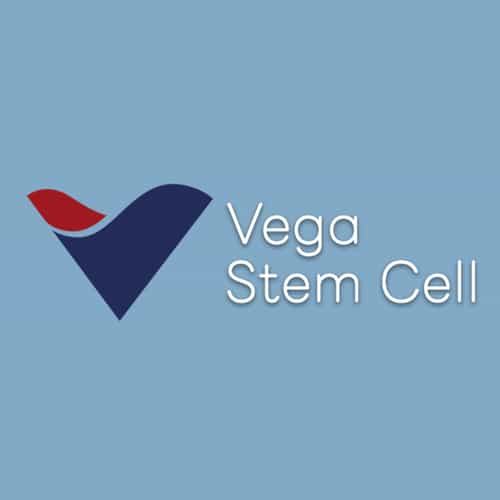
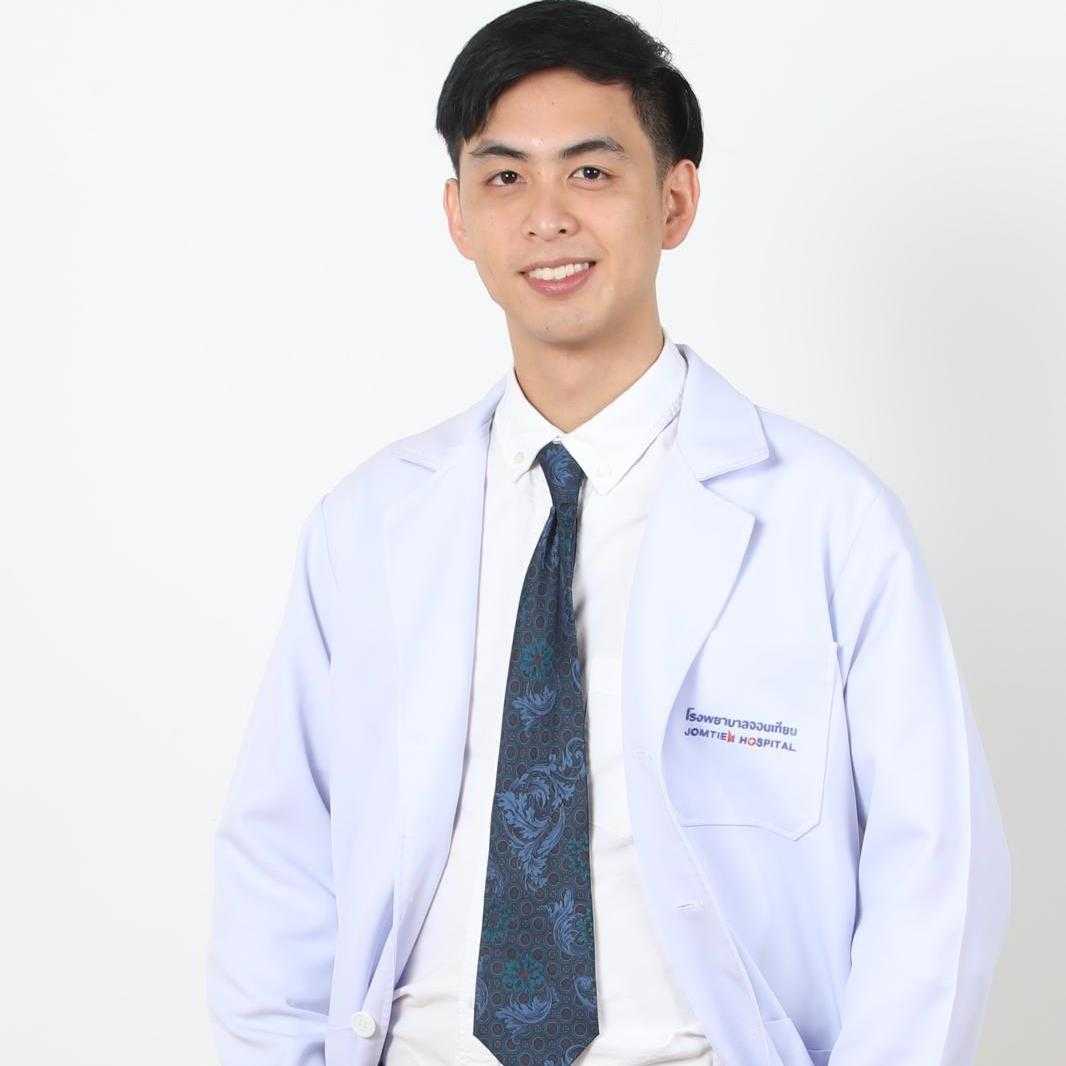
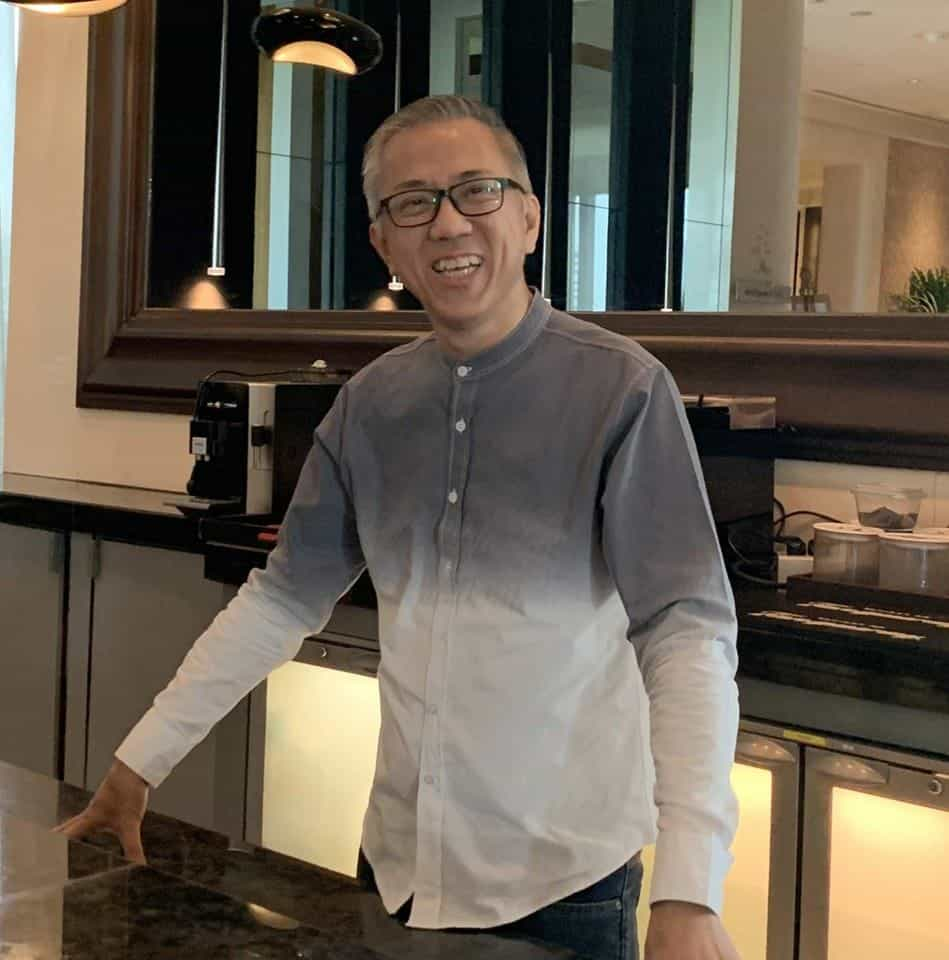
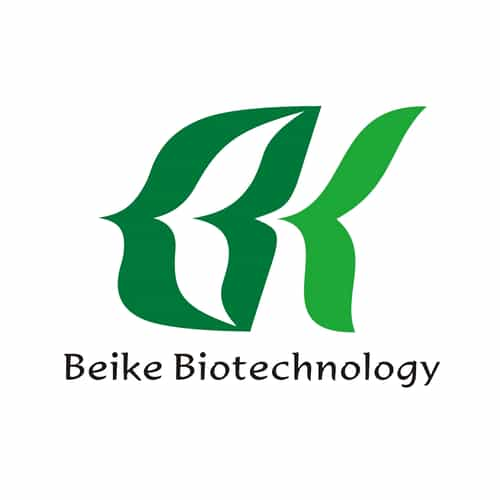
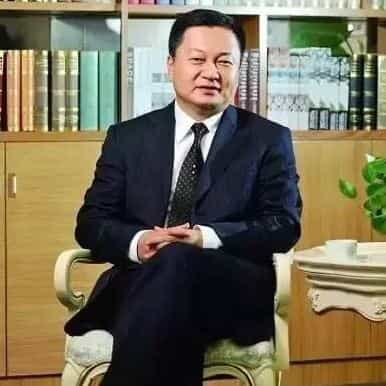
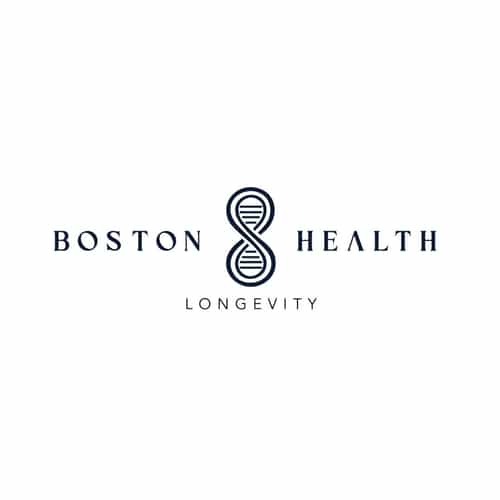
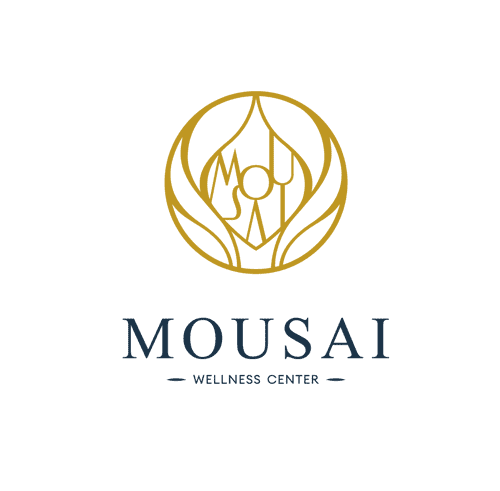
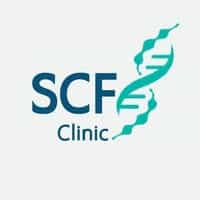

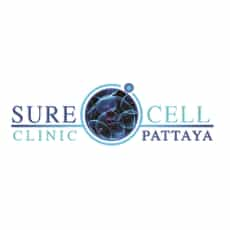

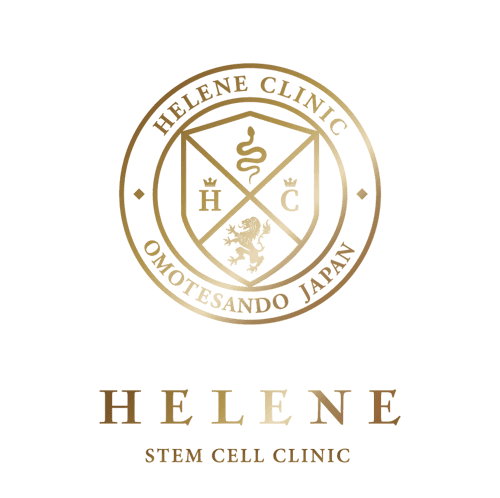
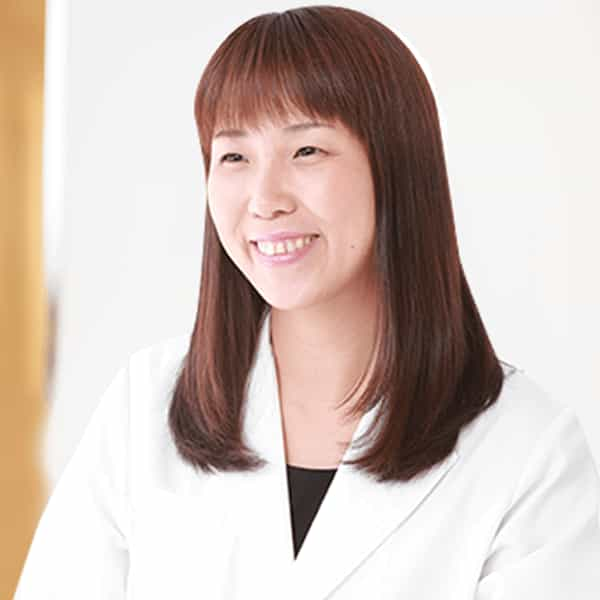
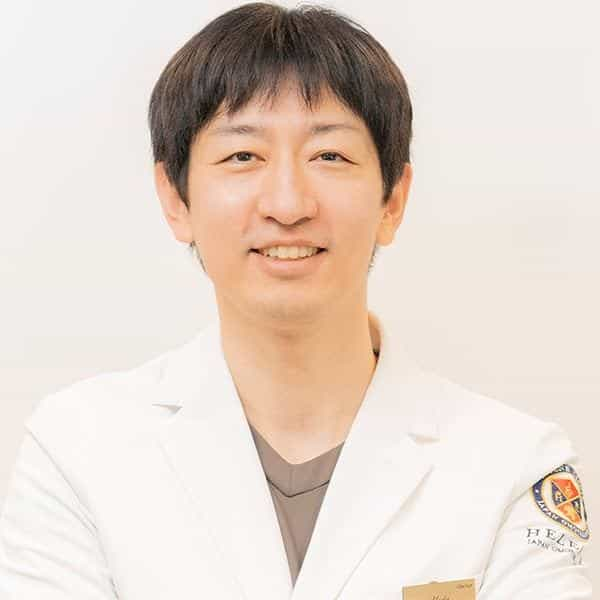
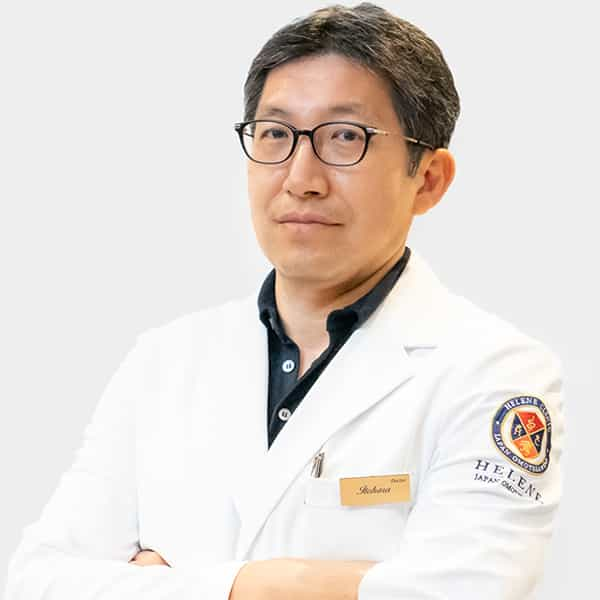
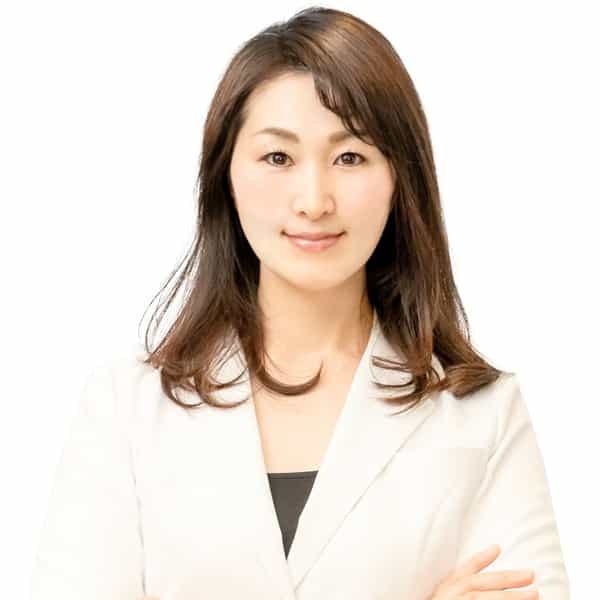
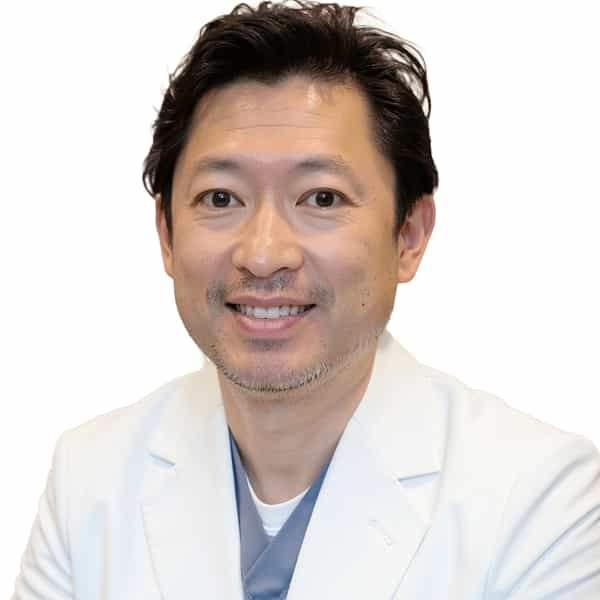
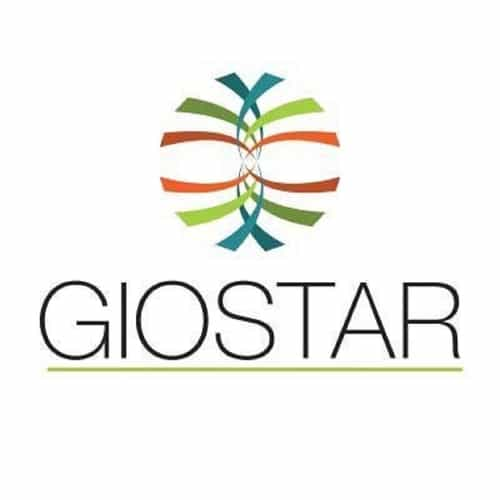

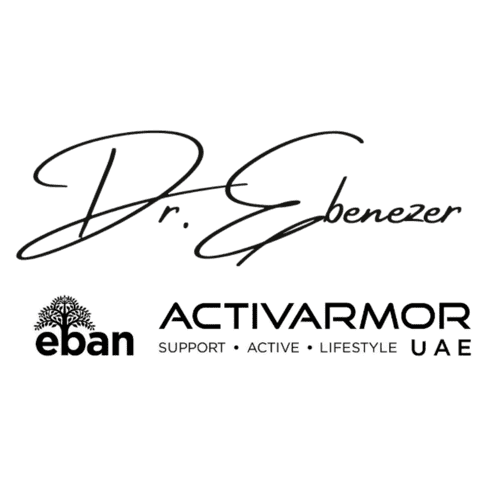
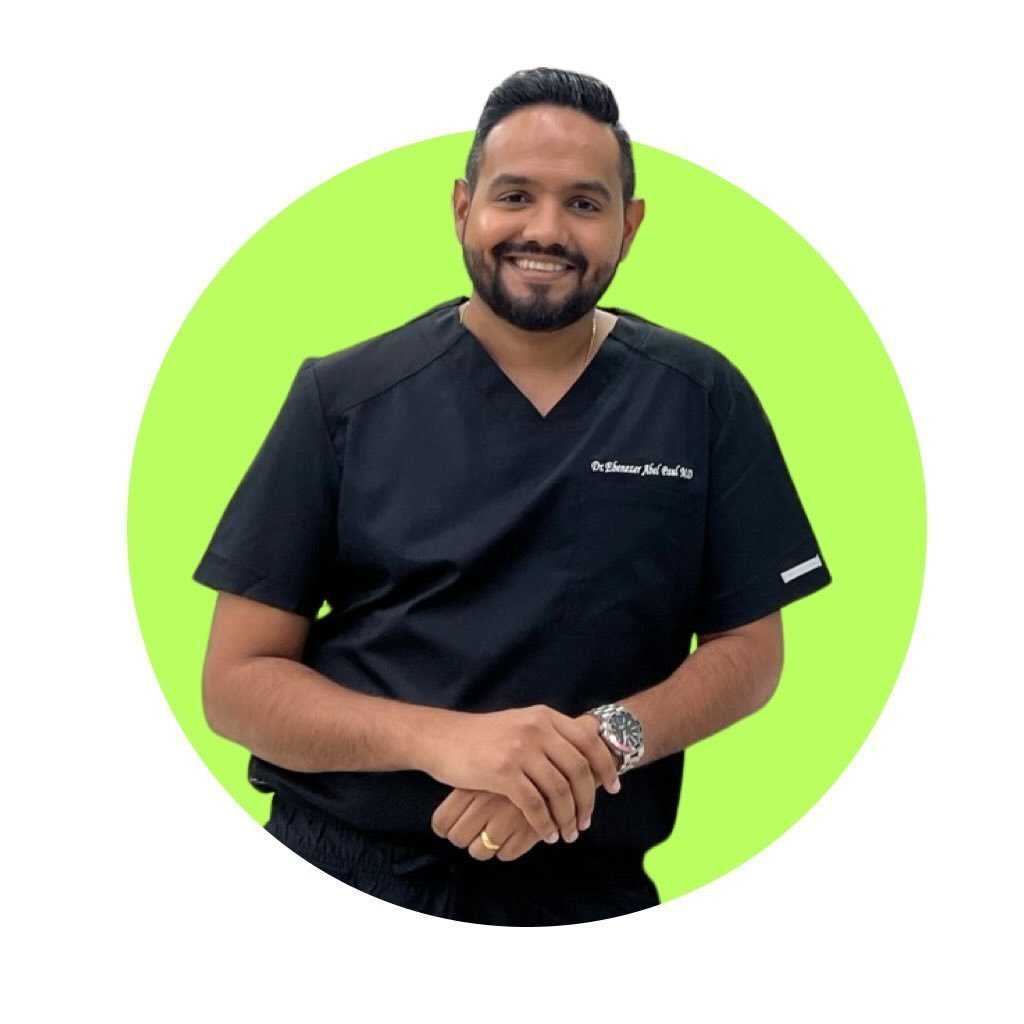
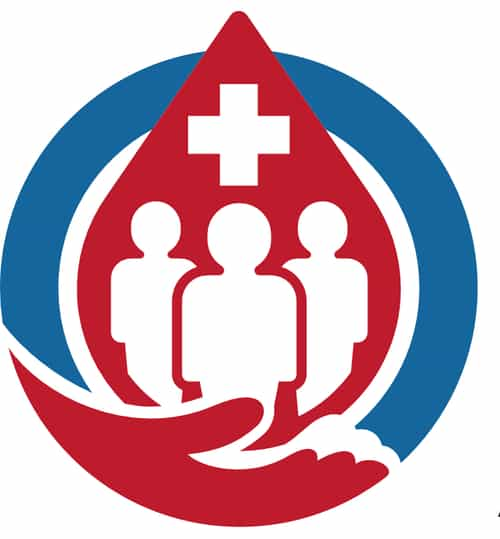

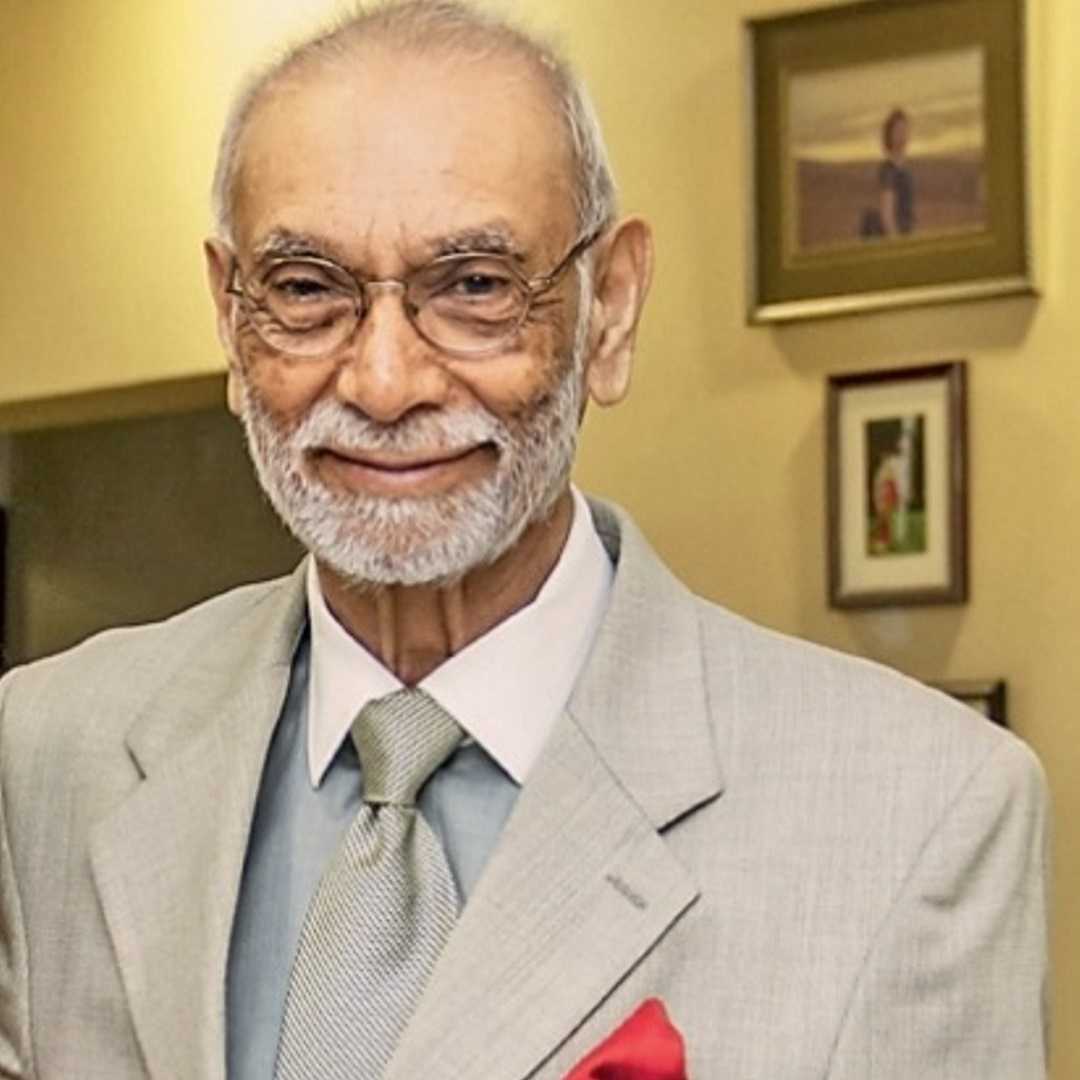
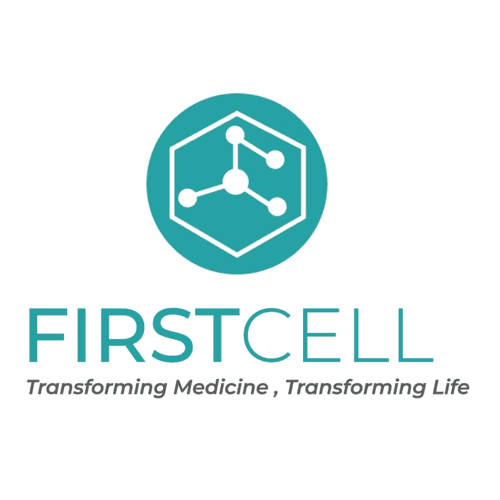
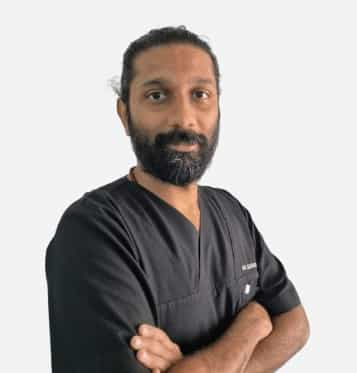
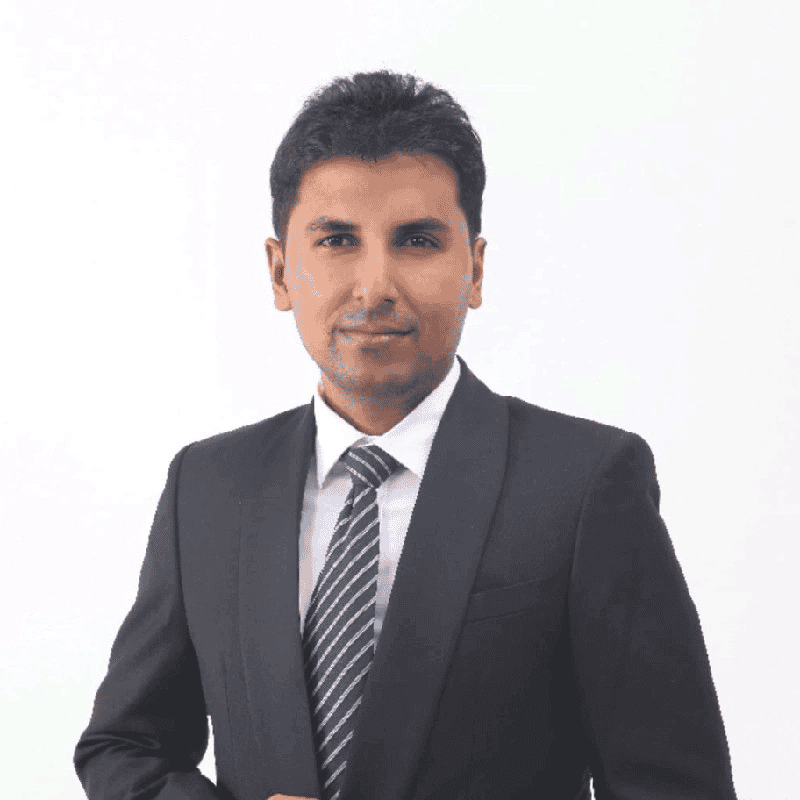
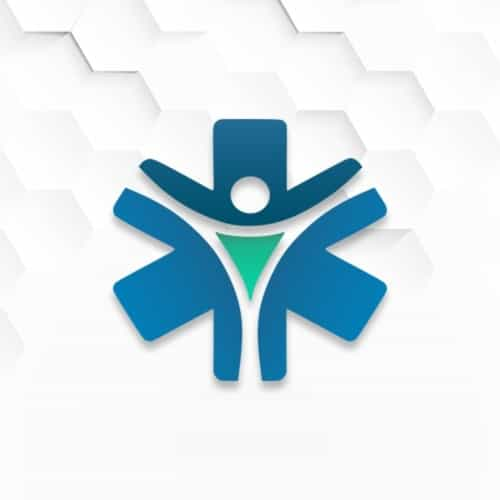
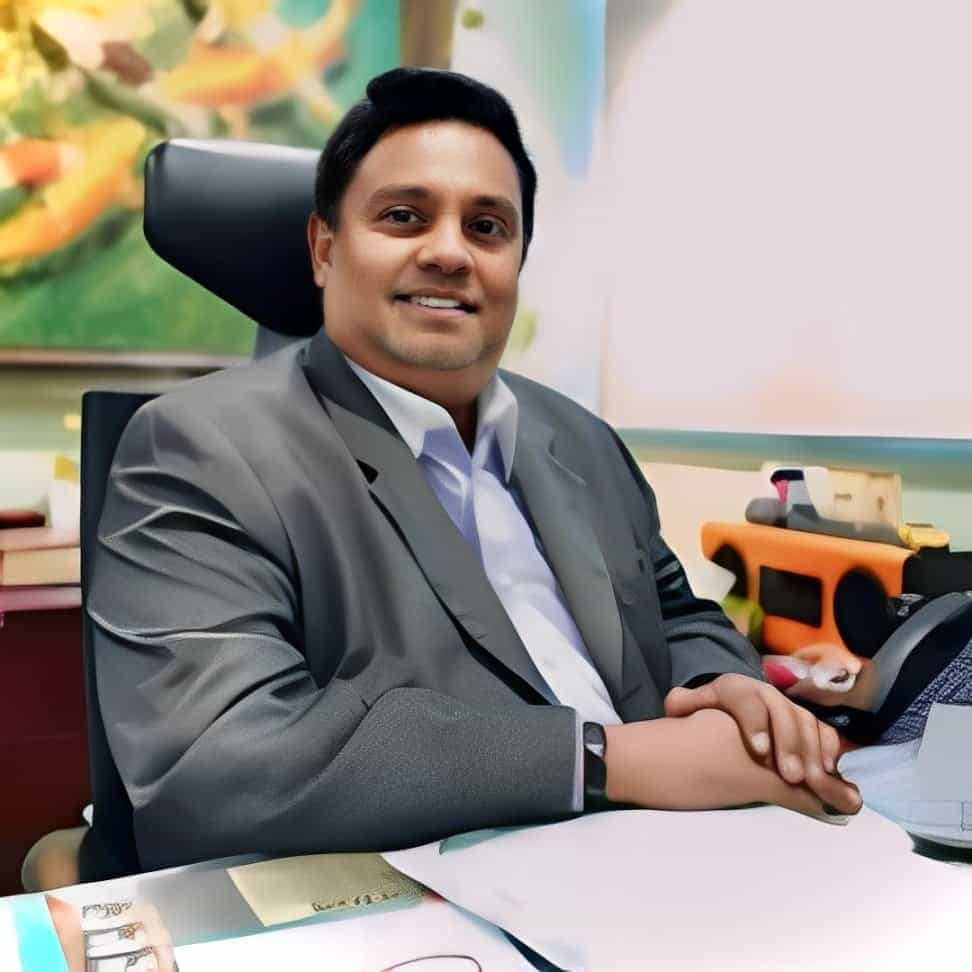
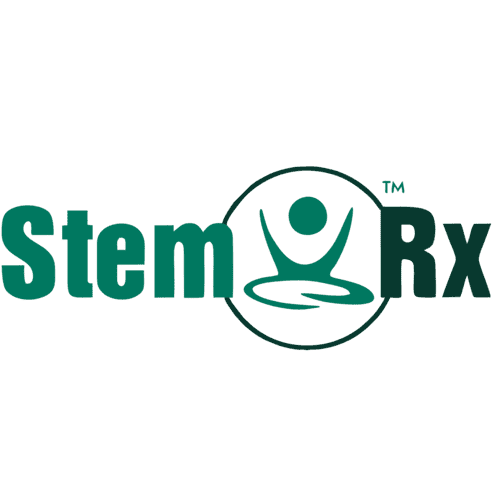
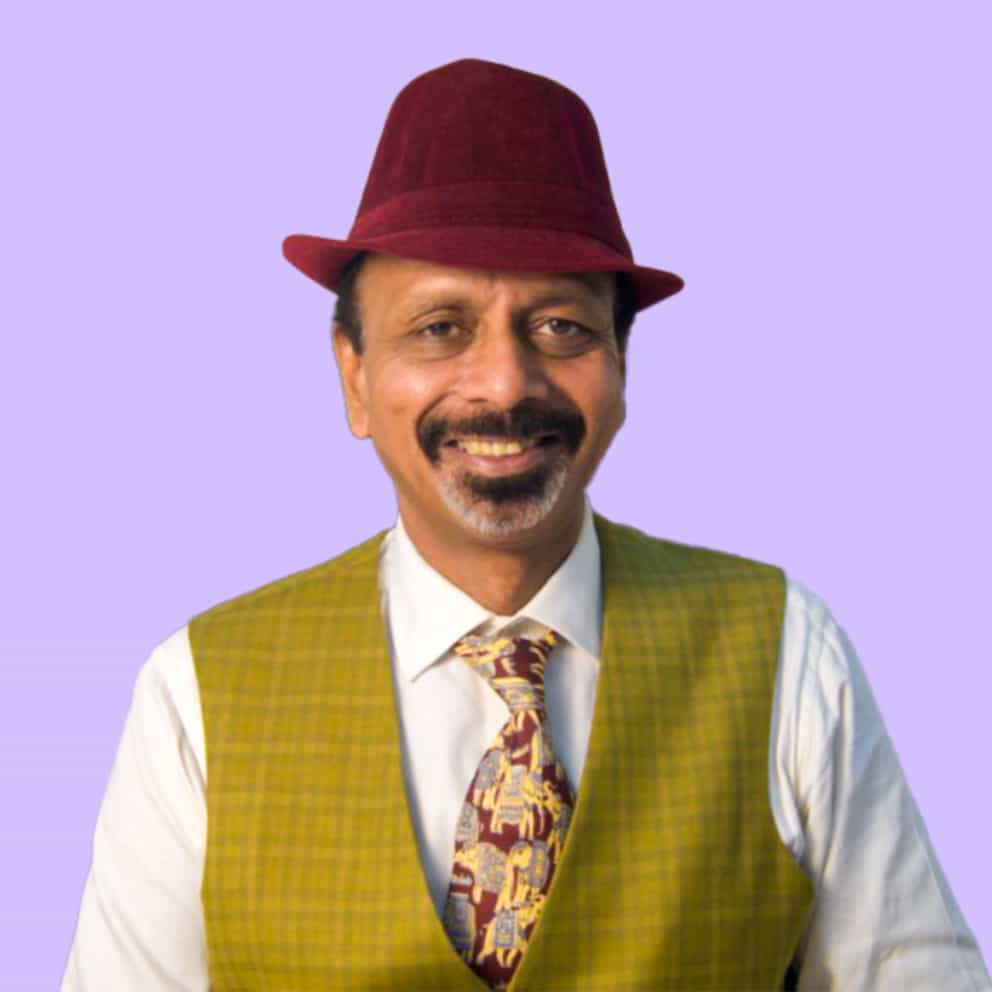
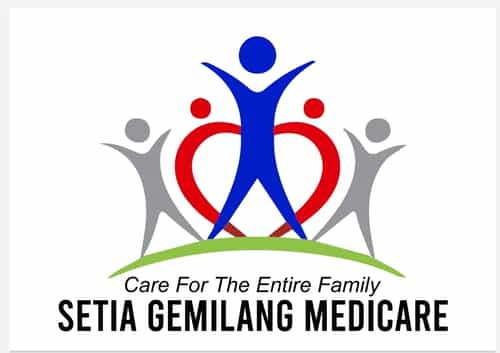
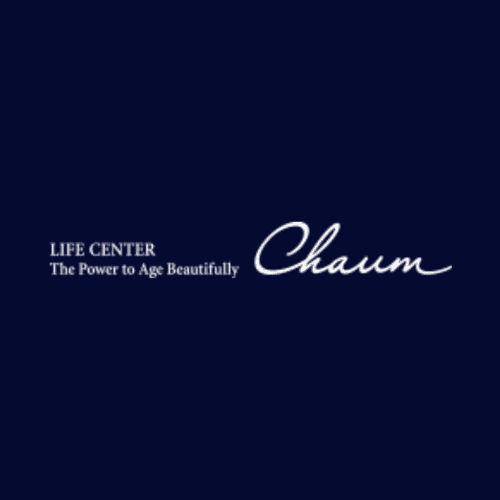
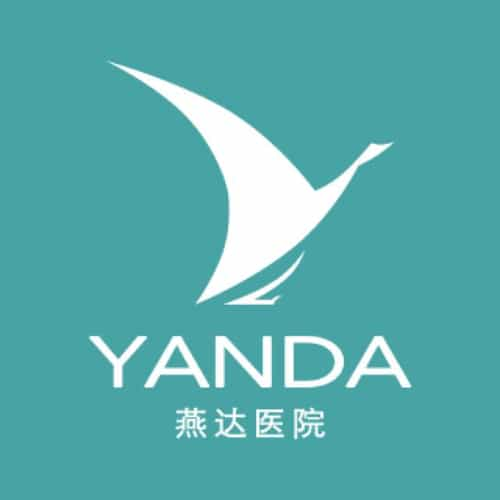
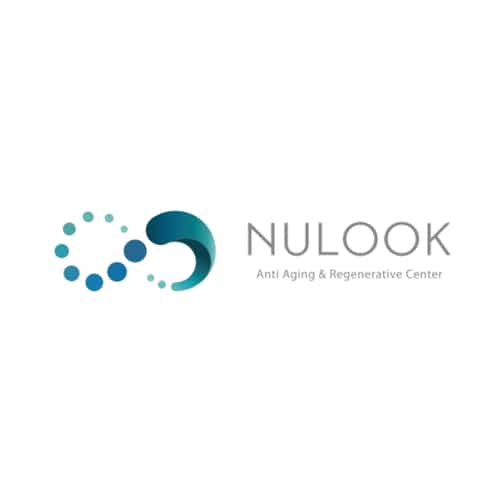
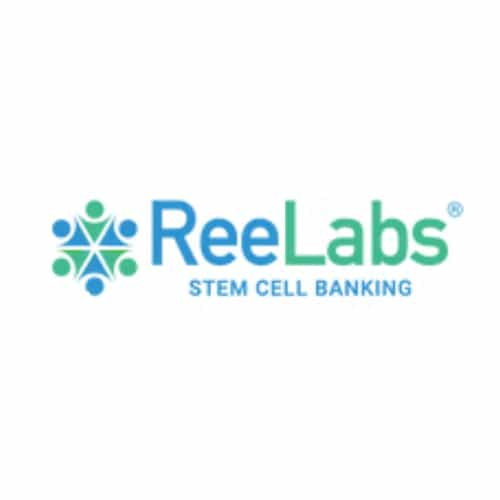
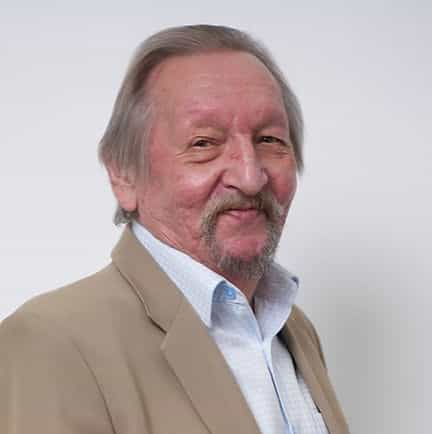
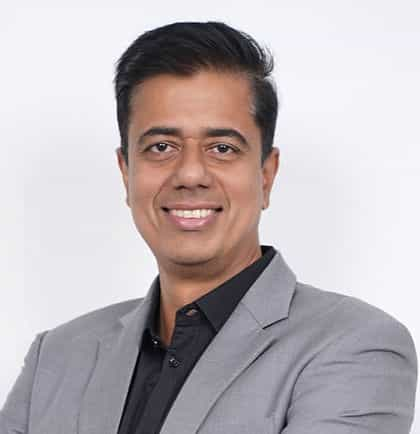
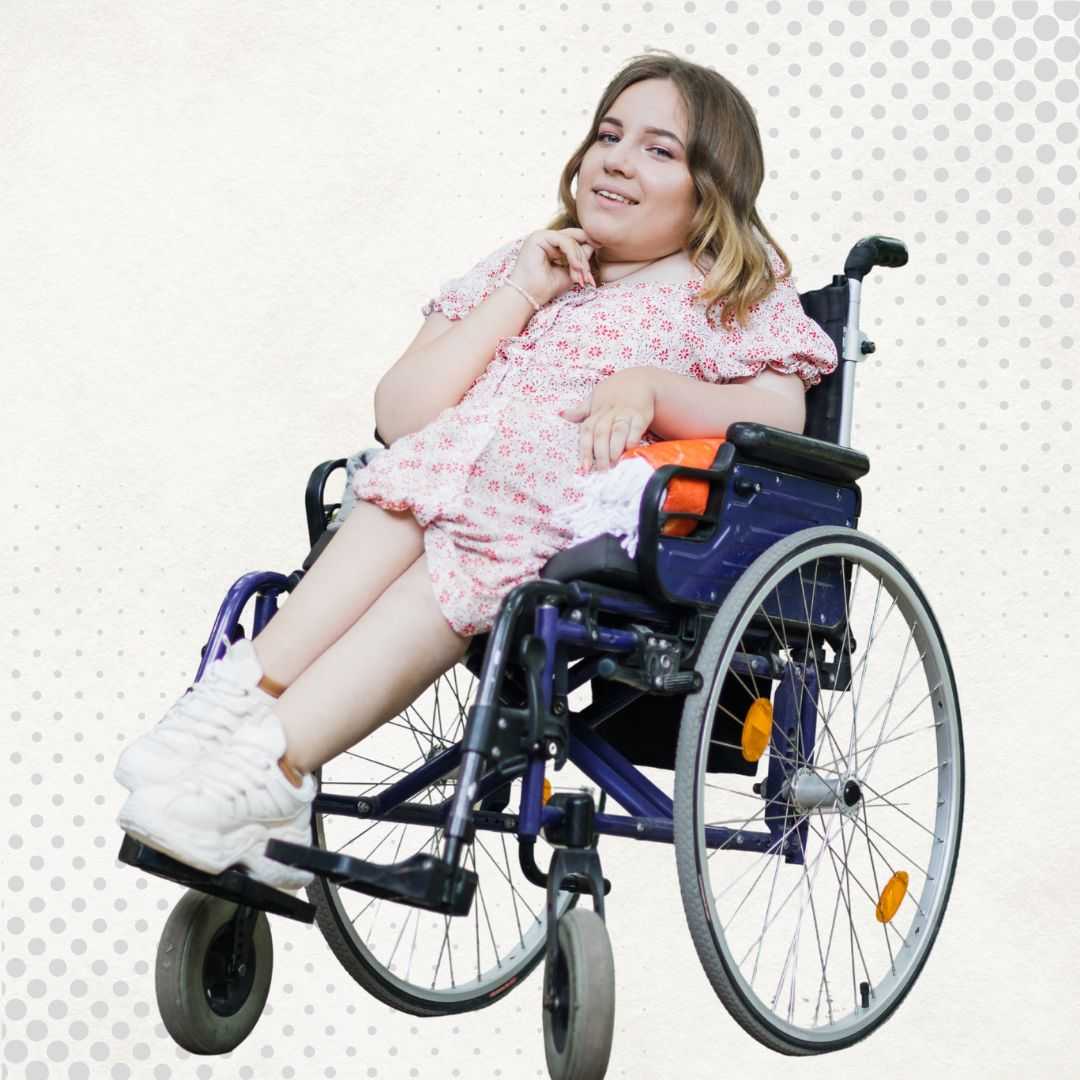

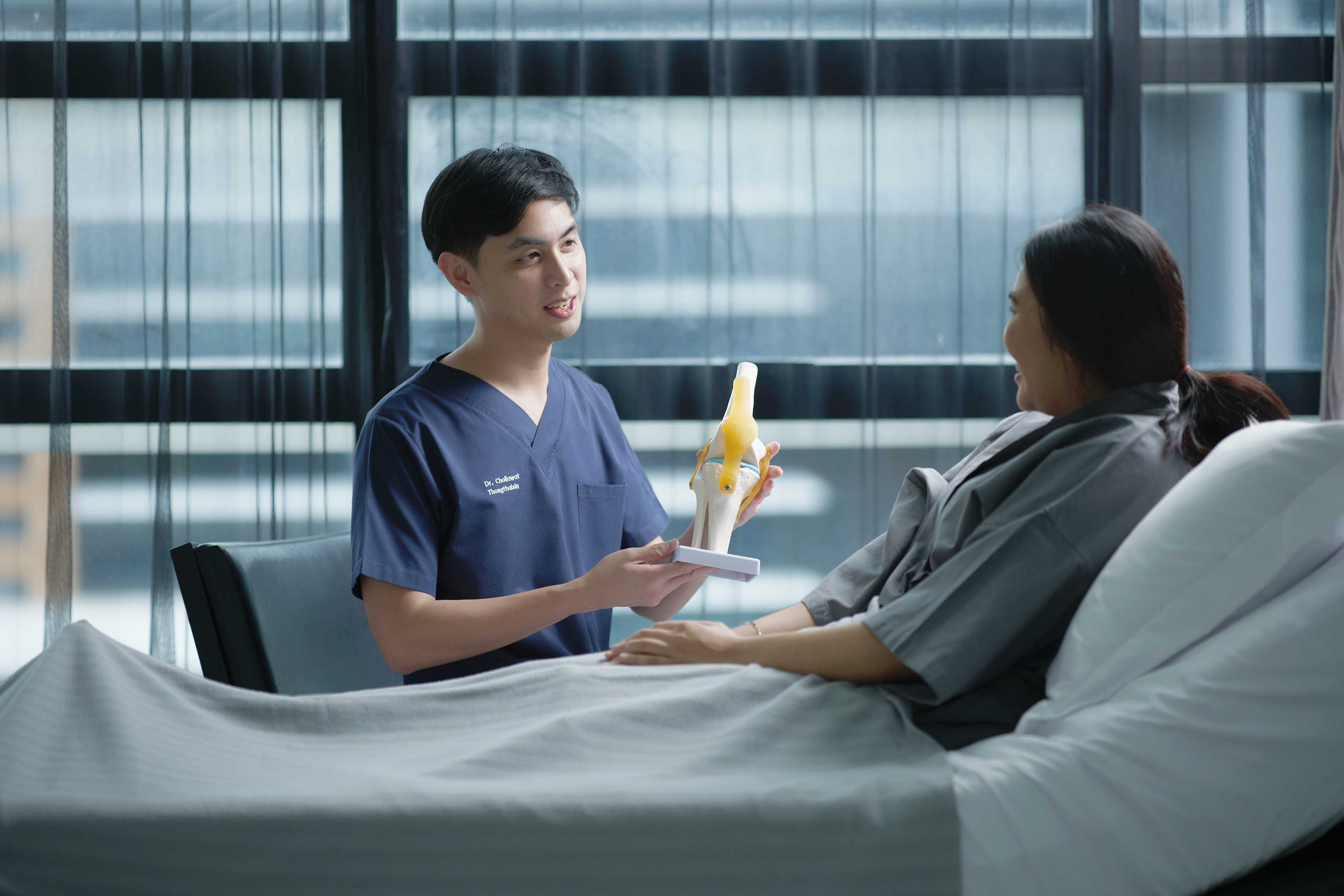
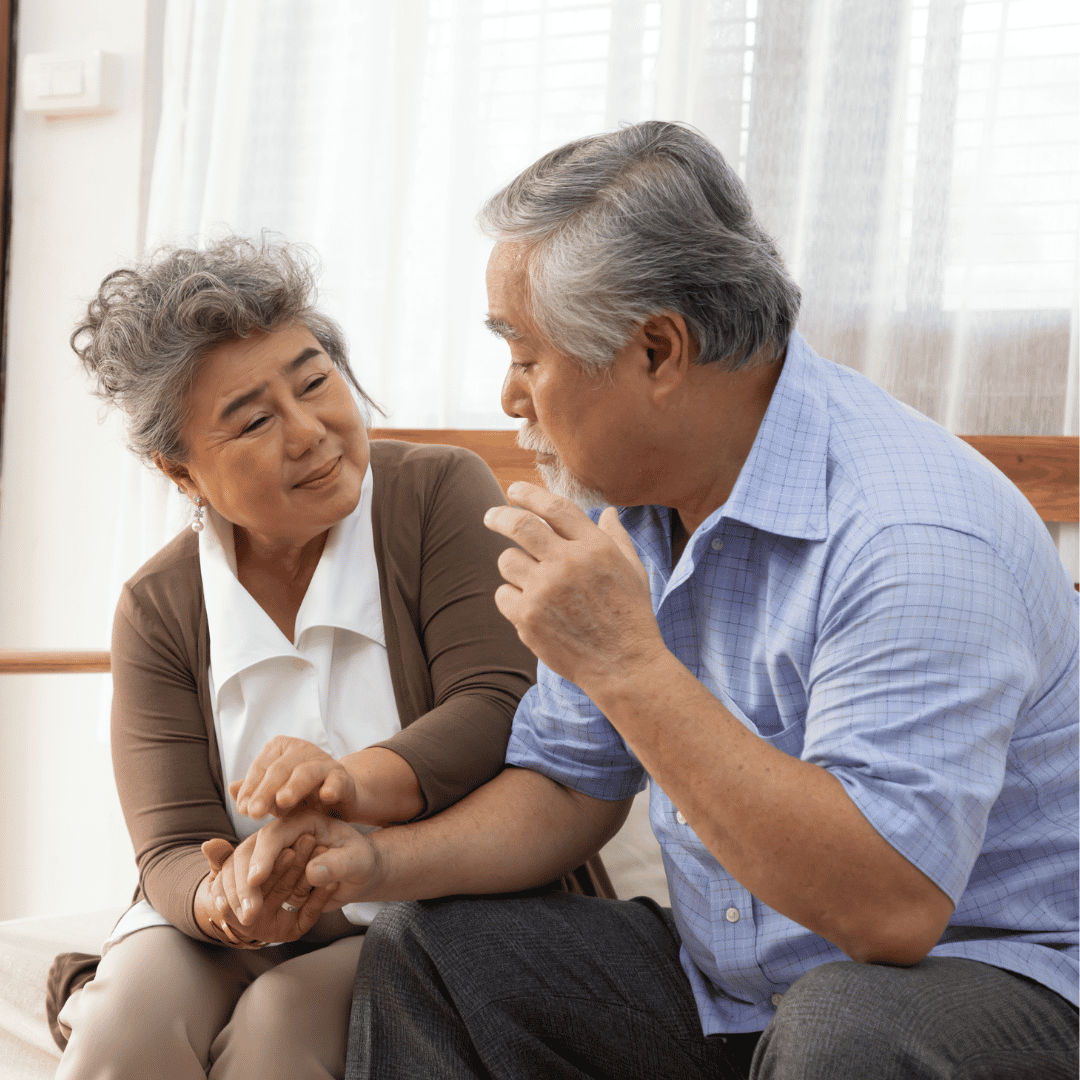
.png)


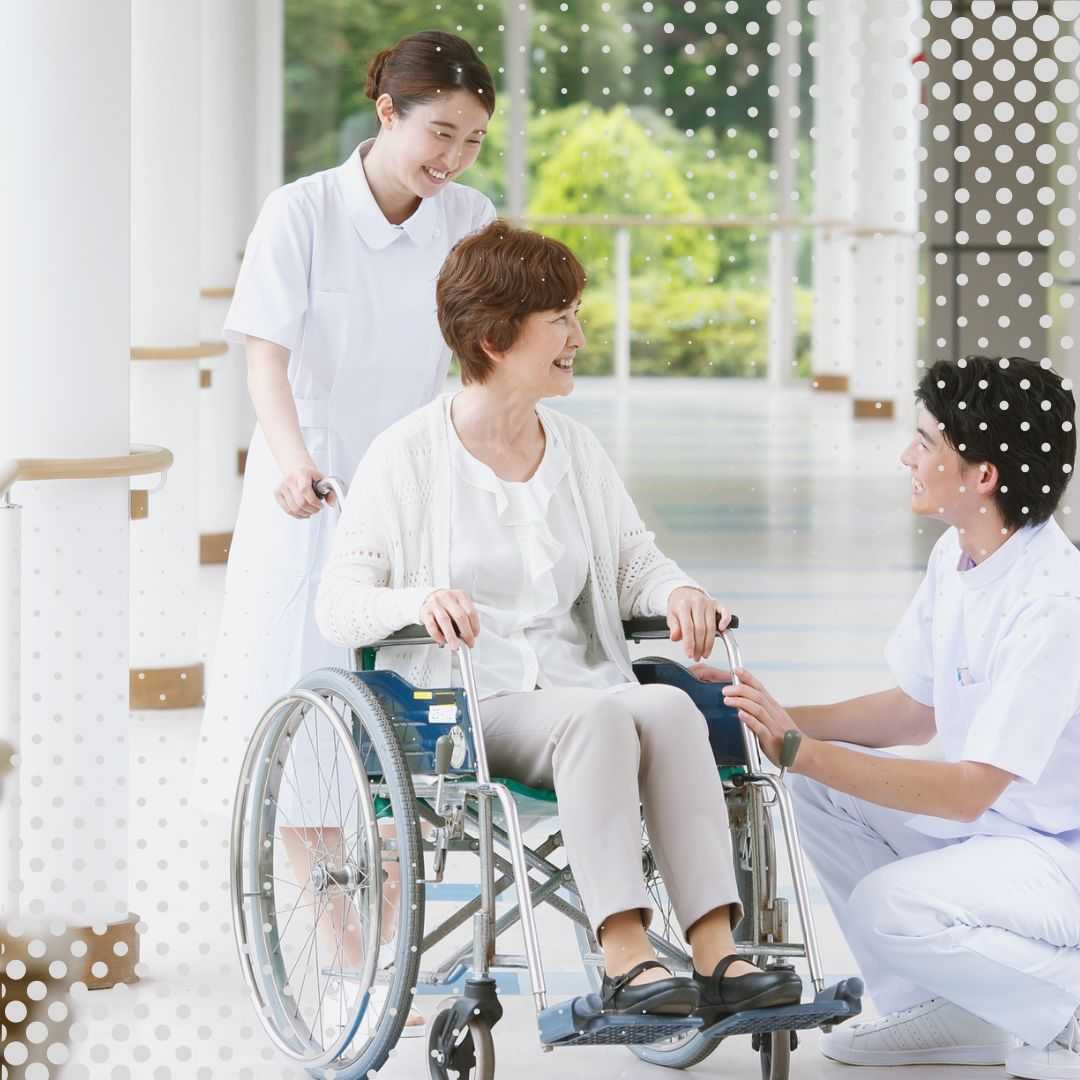

Read More